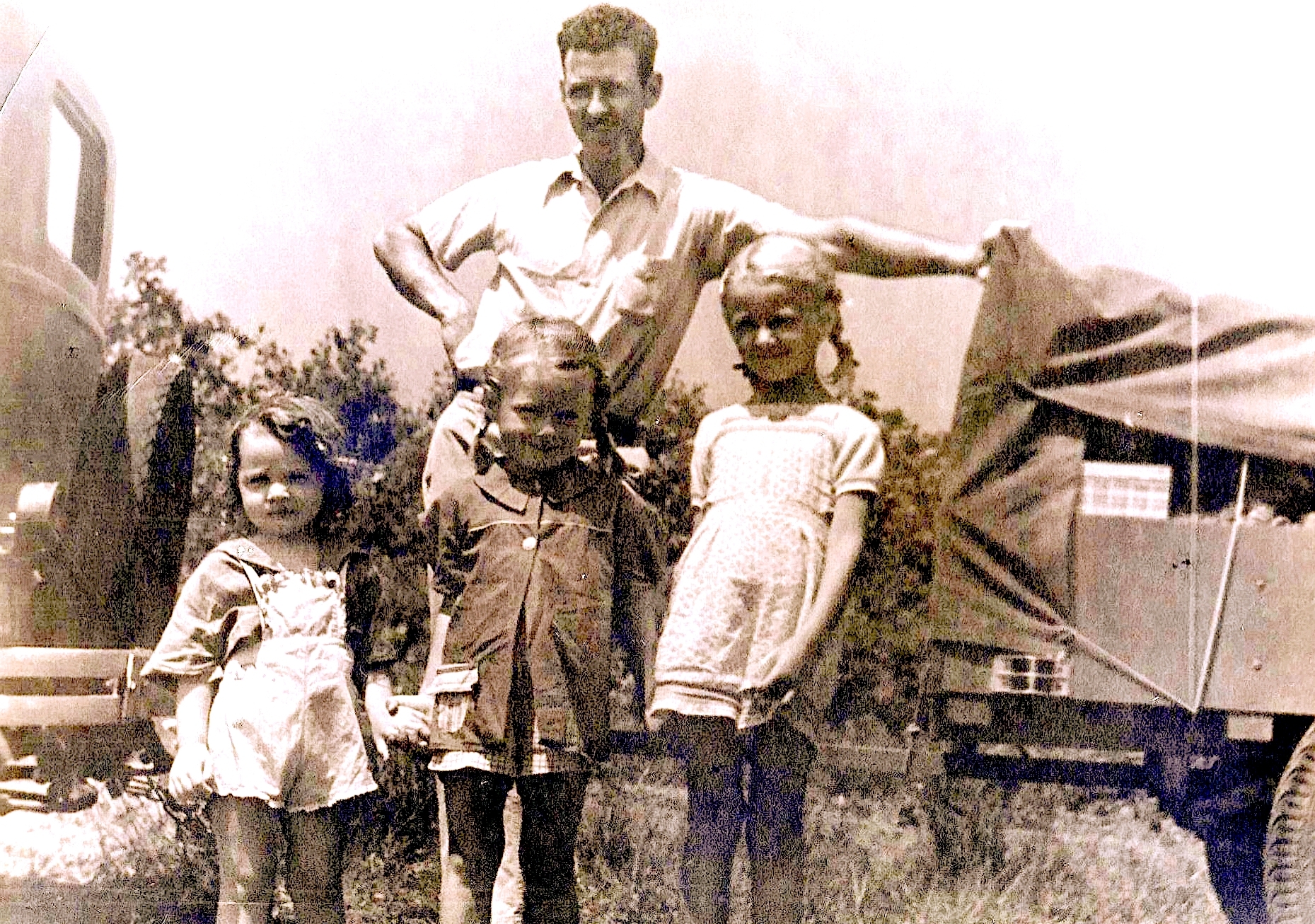
April Lynne Earle’s journey into genealogy began when she was 12 years old, at a family reunion on Long Island, the moment she noticed an unexpected guest.
“It was for my maternal grandfather’s family, but my grandmother’s brother showed up at it. And I was, like, ‘Oh, that’s nice — you just invited them?’” she recalled. “And, no, it turned out that my grandmother’s sister-in-law was also my grandfather’s cousin! And I just could not get my head around these multiple relationships.
“That’s what started it — trying to figure out how they were related — and it just has never stopped,” she continued. “I’ve been doing this for 37 years now.”
In her work as a genealogist and educator, Earle has helped hundreds of people better understand their family trees, in part by teaching them oral history interview techniques, which she will discuss on Sunday at 2:30 p.m. at the Montauk Library.
After the talk, patrons can make a reservation in the library’s new sound studio to record oral histories that can become keepsakes passed down for generations — helping families forever connect with their histories.
“Most public libraries don’t have that,” Earle said. “Sometimes, a public library will lend out recording equipment, but very few of them have a sound room, so I’m excited to see what that’s like.”
The program will cover the basics of oral history interviewing, including interviewing and recording techniques, writing questions, and how to use oral histories as a tool for genealogy. They not only preserve and document family stories but also personal accounts of historical events and shared community histories as well.
“Personally, doing my genealogy research has given me a sense of who I am, where I come from, all the things my family has survived to make sure I was here,” Earle said. “You’re the culmination of hundreds and thousands of people striving to survive. All these loves and all these struggles — that’s what you’re the result of.”
When Earle conducts her own oral history interviews, her first question is always, “When were you born?” Moving forward, the names, dates and places are important details to collect, she said, but she cautioned against losing the story in the process.
For example, shortly after, she will ask her family member for the meaning behind their name.
“I think my presentation lists close to 90 different questions you can consider,” she said. “But, also, there are good things that prompt conversations, like, ‘Here’s a picture — can you tell me when this was taken and who’s in it?’ or ‘Here’s a document I found online — can you tell me who these people are?’ Things like that will prompt a conversation.”
Some of her favorite questions involve childhood memories, like whom they shared a bedroom with — which can reveal more about family dynamics — whom their parents socialized with in the neighborhood, and how they celebrated rites of passage, such as birthdays, Communion, or getting their driver’s license and first car. Others are more abstract, like recalling their bravest act, or talking about their greatest fears, or ruminating on their legacy and how they’d like to be remembered.
She will ask about values and beliefs, and how they have changed over time, as well as identity, which encompasses ethnicity, race, occupation, religion, the roles they play in the family and more.
“I think what people overlook about family history is that so much of it is not published somewhere you can look up,” Earle said. “It just comes from story.”
In her own oral history interviewing, Earle learned that her great-grandmother Anne Hinch-Henry was a foster parent — going so far as to have her foster son, Edward Reed, buried alongside her after he died of appendicitis as a boy. But it wasn’t her grandmother who knew this information, it was her great-uncle.
This served as reminder to ask different members of the family for their perspectives on the same story, even those who are younger.
“If their memories are different from ours, they may recall details we’ve forgotten,” Earle said. “So even if you’re 80 years old and you’re approaching your family history, and you’re, like, ‘Oh, I have no one to ask’ — you absolutely do. You have nieces and nephews and cousins who will remember things you don’t.”
In general, Earle has learned that hearing about someone else’s life helps develop empathy, which she has witnessed among her students and experienced within herself.
“My maternal grandfather wasn’t very forthcoming about his family history,” she said. “He would answer me, if I asked him, but I had to be really super specific about my questions. And I came to find out that his family had struggled financially, that his father had some mental illnesses and died at Creedmoor [Psychiatric Center], and it was, like, ‘Oh, wait a second, now I know why he doesn’t talk about this.’
“Family is always difficult, and it’s not all happy stories and pretty pictures,” she continued. “But I think regardless of whether it’s positive or negative, there is an opportunity to learn more about yourself in that.”
It can also personalize historical events, such as learning about a relative that fought in the American Civil War, the Revolutionary War or World War II, Earle said.
“Not everybody’s family history is in some book somewhere,” she said. “To learn about your family member and how they relate to a real thing in history makes that history book yours, too.”
Genealogist April Lynne Earle will present “Oral History Interviewing for Families” on Sunday, December 4, at 2:30 p.m. at the Montauk Library. Admission is free, but registration is required. For more information, call 631-668-3377.